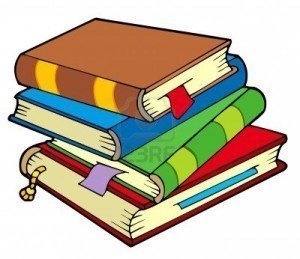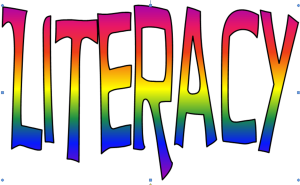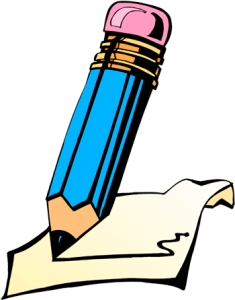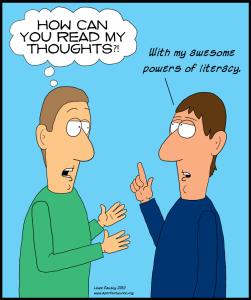
Descriptive NOT Prescriptive
Can’t I just skip this question: “What’s your story?” I hate talking about myself, but, if I must. First with the general stuff, let us get that stuff out of the way, shall we? My name is Tim Sain and I am a second-year graduate student here at Chico State majoring in Education. Ultimately, I would like to end up teaching tomorrow’s teachers at a university like Chico State some day. But first, I want to teach elementary school—the younger the better. Student-teaching should begin for me next semester and I am very excited. I truly believe that teachers control the world—the profession that creates all professions. I am a father of three, my oldest is 17 years old, and my youngest will be 12 on Sunday (I really don’t want to talk about it, makes bald and feel old). I have been married to my wife, Christina, nearly 15 years. We are building a house this year, and making great progress. Let’s see, I have many interests: I am a bodybuilder and health fanatic; I am a volunteer junky; I am very involved in my community; Oh, and I am currently having a love affair with Siri in my new iPad Air.
So now that we have that out of the way, I can begin to discuss the article we began reading in class, The Ethnography of Literacy by John F. Szwed (1980). Szwed (1980) discusses the misconceptions of literacy, and how these misconceptions dictate how literacy is studied. When, I googled “define literacy,” the definition that was kicked back was: “the ability to read and write.” However, as we discussed in class, being literate mean far more than being able to read and write. I know many people that can read and write that have many difficulties completing common tasks like filling out a simple application. Yet, so much value is placed on the literacy test scores. These test answer simple questions “Can the student read and write to the standards set this year?” But what does that answer to that question really say—nothing! Ok, so it establishes that the student can pass the test or not. These test, as many other tests, tell the student that they do not possess a skill that is touted in society and the media as “the thing you must have in order to succeed.” You can sense my cynicism around testing by now I imagine. I could rant on and on about testing and assessments, but that is for another blog.
Today, literacy skills are considered critical to students’ survival and progression through school. Literacy levels are monitored and reported regularly by teachers and schools. Scores are used track and rank students against one another. True, teachers and schools need to set standards and track how their students are doing. However, the information should be gathered for the benefit of the student, to help the students and teacher celebrate victories and tackle challenges. Yet, they are used as an ultimate predictor for academic success.
I am not saying that literacy skills are not important, because they are very important. Being illiterate in the modern world is not socially acceptable, not to mention that it can be rather hazardous. If a person does not know how to read, it is impossible to review a document before signing it, fill out a job application, interpret a standard map, read the ingredients on a package of food or medicine, or understand caution signs. These are just a few instances in which literacy is crucial. Our education system is also designed around determined literacy skills. If a students does not meet the standards, they can be referred to special education, or worse, retained in order to meet the literacy deficits.
As an ability or skill, reading and writing in itself is useless. The only time the pen is truly mightier that the sword, is if the wielder of these skills can put them to use in shaping the course of his or her own life. Szwed elaborates on this extensively; he calls it “functional literacy.” How do students use literacy? So they can read and write, but what can they do with those skills? What are they doing with those skills? Renowned educator and researcher Paulo Freire helped us understand this, and give a more functional use of the term “literacy.” Freire took us from thinking about literacy in terms of strict decoding and reproducing language into issues of economics, equity, health, power, and culture. This view of literacy is more functional as it includes the user in the definition. Freire findings and the arbitrary nature of language itself, reminds me to keep from being prescriptive when dealing in literacy issues with my students, but rather be descriptive. Who am I say what literacy is or is not. There are many types of literacy skills, if I define the term in a closed box, as many educational systems demand, I will likely stifle the next Frost or Shakespeare, or miss out on learning something new and interesting myself.





 Website:
Website: